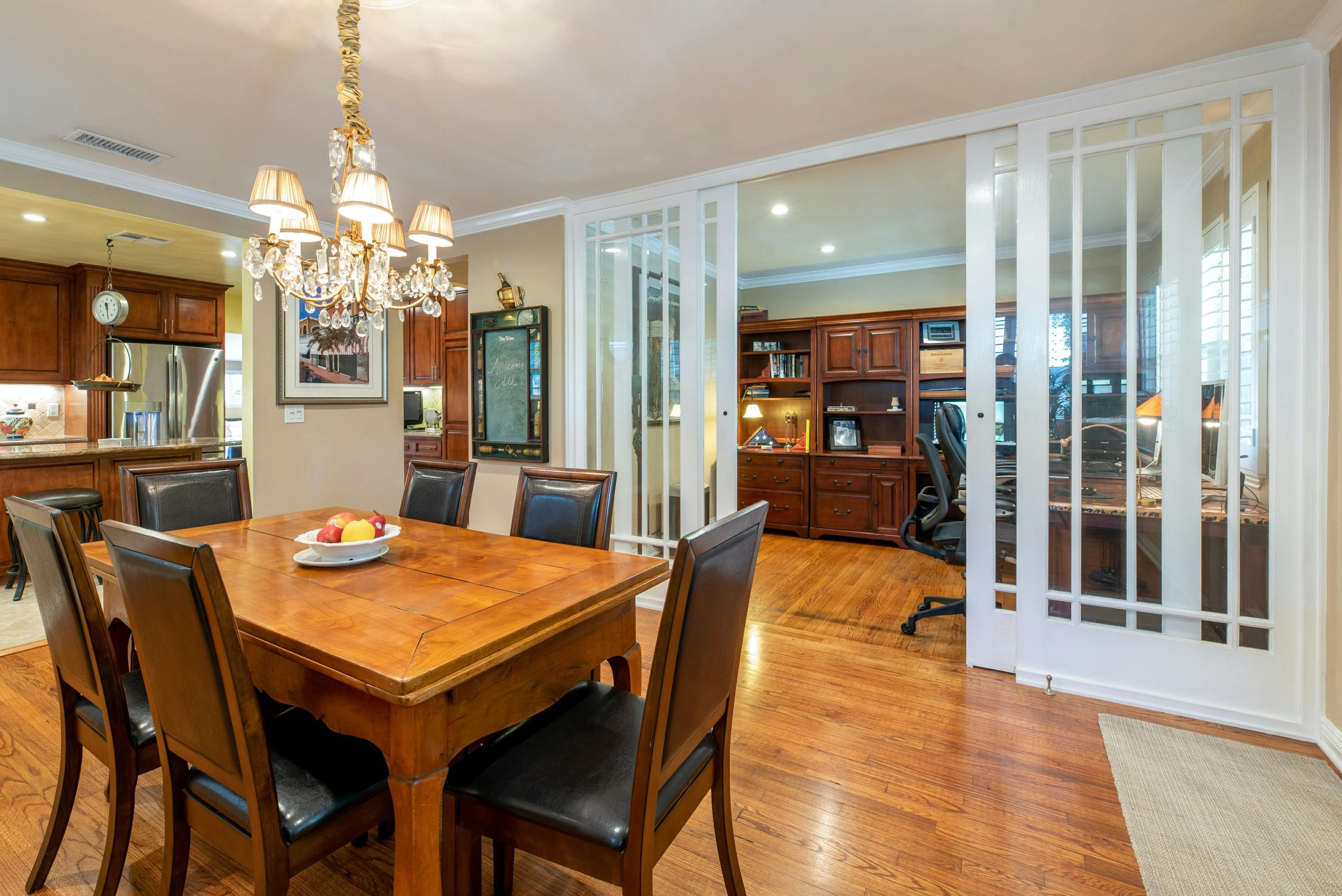Resale vs. Pre-Construction: What’s Right for You?
In the real estate market, there are two primary ways to purchase a property: resale or pre-construction. Both have their pros and cons, and deciding between the two can be a difficult decision. Before embarking on your home-buying journey, it’s crucial to understand the differences between resale and pre-construction and determine which option is the right fit for you.
What is Resale?
Resale properties, also known as secondhand properties, are homes that have been previously owned and are now on the market again. These homes can range from as old as a century to as new as a few years. When purchasing a resale property, you are buying a home that is already built and ready to move in.
Pros of Resale
One of the significant advantages of buying a resale property is the ability to see and inspect the home in person before making a purchase. You can walk through the property and get a feel for the layout and the neighborhood, which can help you make an informed decision. This also means any potential problems or needed repairs will most likely be evident during your visit.
Another benefit of purchasing a resale property is the availability of established communities. Many resale properties are located in well-established neighborhoods, providing a sense of stability and community. These areas often have established amenities like parks, schools, and shopping centers, making them an attractive choice for families.
Cons of Resale
One of the main drawbacks of resale properties is the potential for higher maintenance costs. Since the property is older, there may be wear and tear, and you may need to make renovations or repairs to bring it up to your standards. This upfront cost can be significant and should be factored into your budget.
Another con to consider when purchasing a resale property is the lack of customization. Unless the previous owners have recently renovated, you are limited to the layout, finishes, and features that are already in place. This may not be an issue for some buyers, but those looking for a specific style or design may be better suited for pre-construction.
What is Pre-Construction?
Pre-construction refers to properties that are currently being built but have not yet been completed. These homes are often sold by developers before construction begins and require buyers to put down a deposit and wait for the completion of the property before moving in.
Pros of Pre-Construction
One of the most significant advantages of purchasing a pre-construction property is the ability to customize the home. Buyers can often select their desired layout, finishes, and features, making the property truly their own. This option is ideal for those who have a specific design aesthetic or want to personalize their home.
Purchasing a pre-construction property can also be a worthwhile investment. In some cases, buyers can secure the property at a lower price than what it will be priced at upon completion. This can result in significant cost savings and can also increase the value of the property over time.
Cons of Pre-Construction
One of the main challenges with pre-construction properties is the wait time. Buyers who are eager to move into their new home may find the process of waiting for construction to be completed frustrating. Depending on the size and complexity of the project, the wait time can range from a few months to a year or more.
Another potential issue to consider is the uncertainty of the final product. While buyers can usually see floor plans and renderings of the property, the final result may differ from their expectations. This can be a riskier option for those who want to know exactly what they are getting before making a purchase.
The Final Verdict
So, which option is the right one for you? It ultimately depends on your personal preferences and priorities. If you want a home that is move-in ready and offers a sense of community, resale may be the best choice. On the other hand, if customization and investment potential are essential to you, pre-construction may be a better fit.
It’s crucial to carefully weigh the pros and cons of each option and consider your budget, timeline, and lifestyle before making a decision. Consulting with a real estate professional can also help you navigate the process and make an informed choice. In the end, whether you choose resale or pre-construction, buying a home is a significant milestone and an exciting and rewarding journey.










